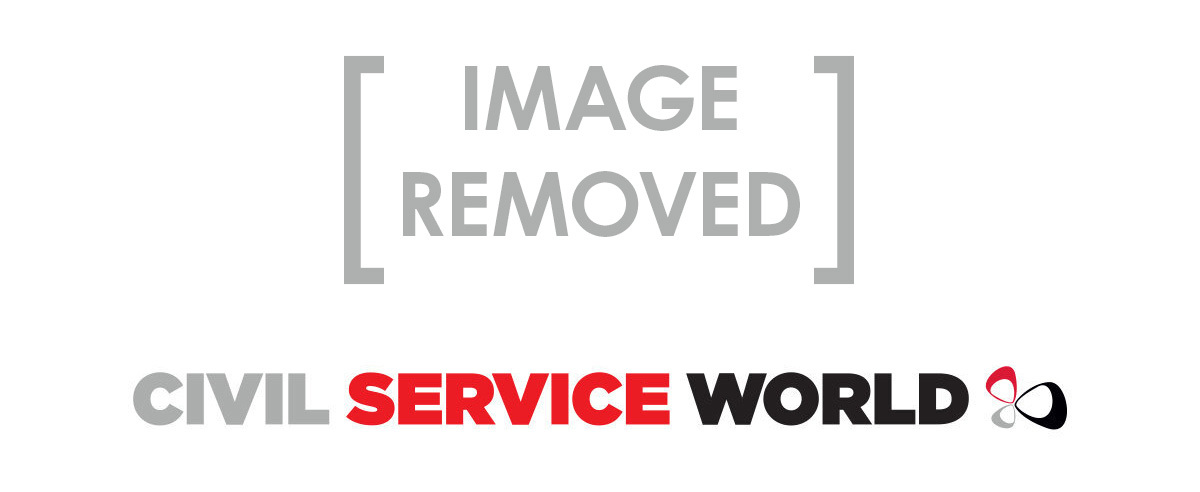The select committees of the House of Commons have become more significant as influences on the public policy process under the Coalition government. The 2010 introduction of elections for committee members and chairs, and the impetus this has given committees to up their game, have clearly helped. With no single party in control, the scope for committees to make rational criticisms and to launch serious investigations of policy implementation, has grown and attracted more media coverage than ever before. Democratic Audit research shows that since the 2009 Wright Committee reforms the Home Affairs Select Committee’s press mentions increased from 302 in 2010 to 2033 in 2012. And my chart below shows index numbers for all committees’ press mentions, with 2010 as 100: the overall increase is 2½ to 3 times in just four years.

Influenced by this evidence, the Political and Constitutional Reform Committee reported very positively on the effectiveness of Parliament in the "post-Wright" era; "It is clear that some select committees are taking on a more active role in relation to legislation as it passes through the House." But how important are Committees in policy-making terms? In an article in Parliamentary Affairs Meg Russell and Meghan Benton suggests that around two fifths of their recommendations were already being taken up before 2009. MPs themselves feel that this ratio has increased with committees taking a more active role in the early stages of legislation, when changes are more easily made.
With the growth of social media, it is now much easier to assess which individual committee recommendations have been acted upon by government departments, and which have not. Press blogs, smaller political blogs, and academic sites (such as LSE’s British Politics and Policy site), now illuminate what as once ‘the long grass’ as never before. Departments and ministers that ignore committee calls for changes and then run into later problems on that front are now in a much weakened position - as recent controversies over Environment Agency cutbacks on flood prevention work demonstrate.
The Committees’ most important role has been in calling attention to developments in public management that now create severe problems of public accountability, especially the growth of outsourcing across public services from the NHS to DWP disability testing and the MOD operation of core functions. With MPs’ shrewd political antennae, the committees fast-moving capability to tackle issues of growing public concern have made them by far the most effective tool for increasing the scrutiny of outside organisations carrying out government work. The Home Affairs Select Committee was at the forefront of the pre-Olympics G4S scandal, while the Work and Pensions Committee has quizzed Work Programme contractors. The Public Accounts Committee (PAC) has also been very visible in seeking to hold companies performing outsourced work and civil servants who let the contracts to account, in many ways now beginning to bypass traditional lines of ministerial accountability.
The PAC under its dynamic chair, Margaret Hodge, has also brought into the public sphere an amazing amount of previously hidden tax policy lacunae, encouraging and pursuing in details a series of journalistic exposés of just how little tax many prominent corporations now pay. The implications here have not been confined to the UK, but have reverberated throughout the G20 industrial national and delegitimized the OECD tax policy ‘experts’, found to have not updated their policies for the digital age. Little wonder then that some commentators like Ian Marsh have suggested that select committees could go much further than they have, and become the focus of efforts at a wider democratic revival.
The essential way in which Committees operate is by calling witnesses, and so it behoves civil servants and ministers to pay more attention to who these potential sources of information (and possible criticism) are. Democratic Audit recently studied the identity of who gives evidence at committee hearings, and found that three quarters were male; most were aged in their 50s or over; many were from think tanks, NGOs or academia; London-based organizations and witnesses predominated; and few trade union representatives were heard. So far so predictable, you might think, but this hard evidence has already prompted Parliamentary staff to consider actively how something closer to a 50:50 gender balance, better regional representation and other improvements in witnesses’ make-up can be achieved. The role of Committees in broadening the range of voices in the public debate may have been restricted hitherto, but it is likely to change markedly in the next year or so.
Patrick Dunleavy is Professor of Political Science and Public Policy at the London School of Economics, and Co-Director of the NGO Democratic Audit – see @democraticaudit and www.democraticaudit.com